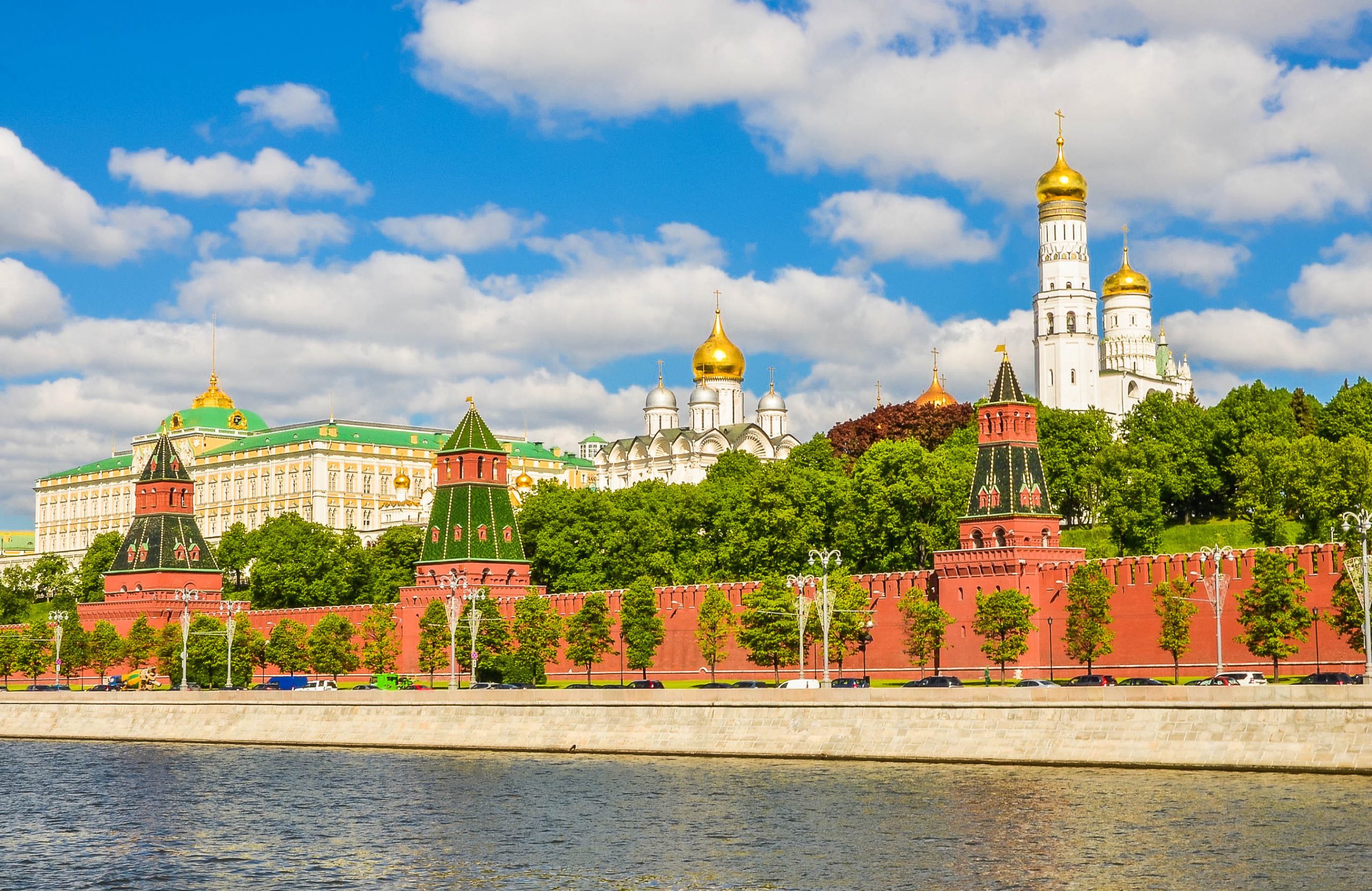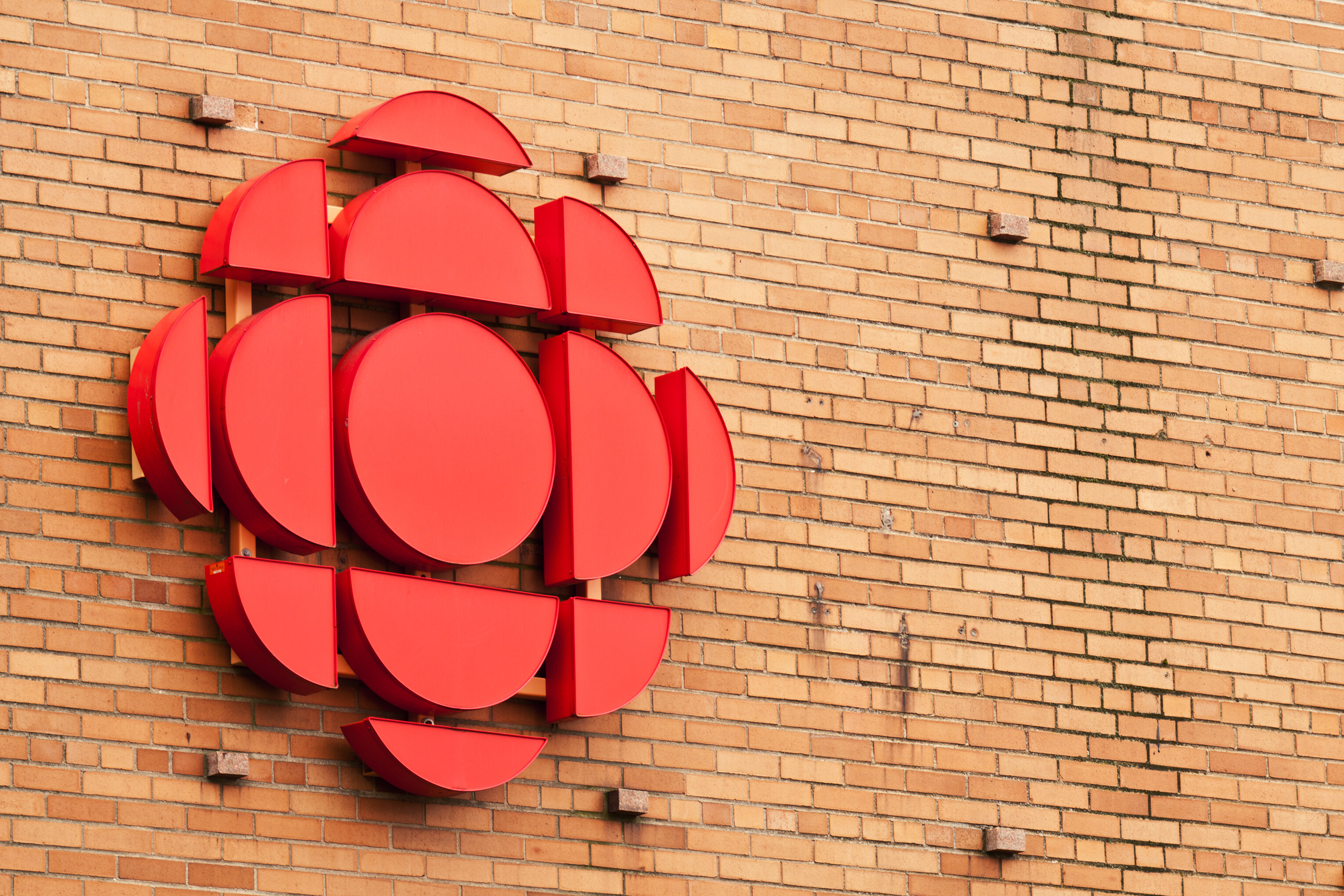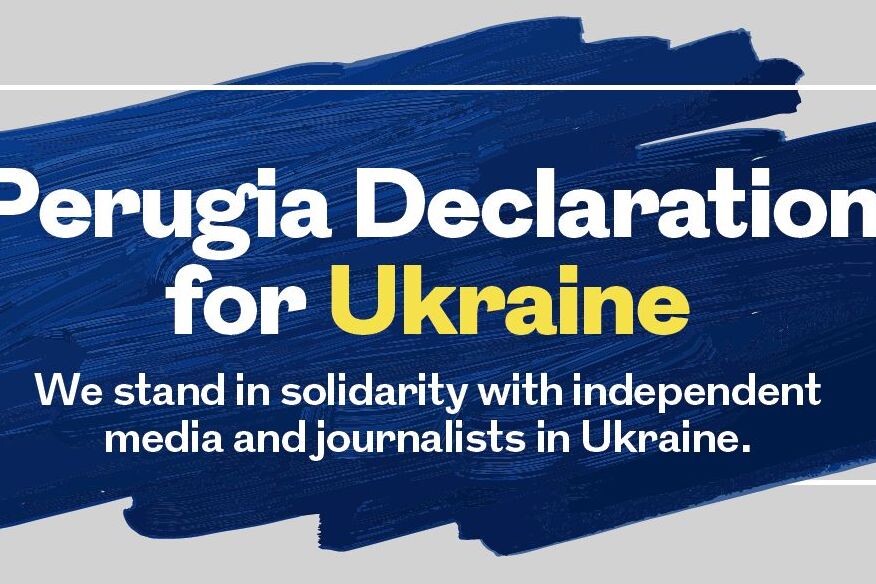PMA condemns Russia’s ban on UK public media journalists
15th June 2022
The latest action taken by Russian officials – which includes banning public media workers from reporting from inside Russia – is another blow to independent journalism in the country.

The Russian Foreign Ministry has banned a number of UK-based media workers from entering the country. On 14 June, a list was published of media and defence figures that have now been put under “personal sanctions”. A third of the media personnel named are public media workers: seven are BBC employees, one from ITV, and two from Channel 4. The others are from print and broadcast media.
According to the statement by the Russian Foreign Ministry, this latest move was in response to the sanctions imposed on Russian public figures by the British government since the beginning of the Russia-Ukraine war. They explained that the named journalists are included due to their involvement in the “deliberate dissemination of false and one-sided information about Russia and the events in Ukraine and Donbass”, and for “fuelling Russophobia in British society.” The list included BBC journalists Clive Myrie and Orla Guerin, and the broadcaster’s Director-General, Tim Davie.
They have joined a wider “stop list” of more than 200 British citizens placed under personal sanctions, which includes the British Prime Minister and senior politicians.
Public media and other independent media outlets are responsible for reporting on the war and other crises accurately and impartially. Since the beginning of the Russian invasion of Ukraine, these journalists have maintained core public media values, despite major safety concerns.
Read more: Swedish Radio launches daily news podcast in Russian – all media free to use the material
During the past 100 days, public media organisations have had to navigate the potential repercussions of a new law in Russia that bans the spread of disinformation; some have been forced to close their Russian bureaus.
Yet they have made efforts to continue reaching Russian citizens so they are provided with impartial and accurate information, in contrast to the narrative propagated by state television.
This latest move is another stark reminder of the continued threats public media organisations face, and another example of the government’s desire to starve the public of critical journalism. This was already seen through the hostile conditions which forced independent Russian public interest media, such as TV Dozhd, to close down.
Any allegations that suggest independent media are fuelling the spread of disinformation or hate speech are unfounded. We support the efforts of independent media to continue their fair and independent reporting, and urge the Russian Government retracts these restrictions so citizens at home and abroad have access to credible and impartial journalism.
Related Posts
21st April 2022
Ukraine war: Public media podcasts with unique takes
From an open API to practical info for…



